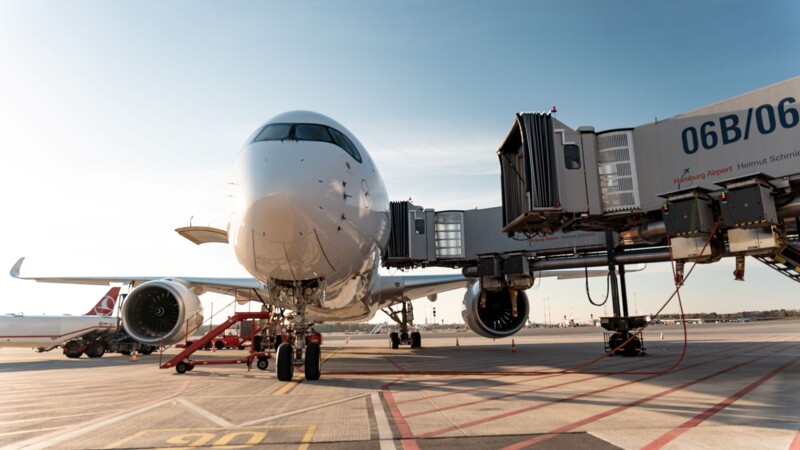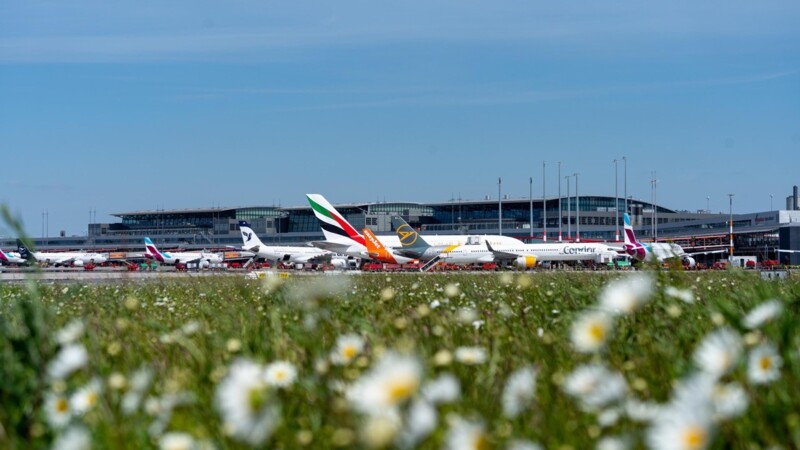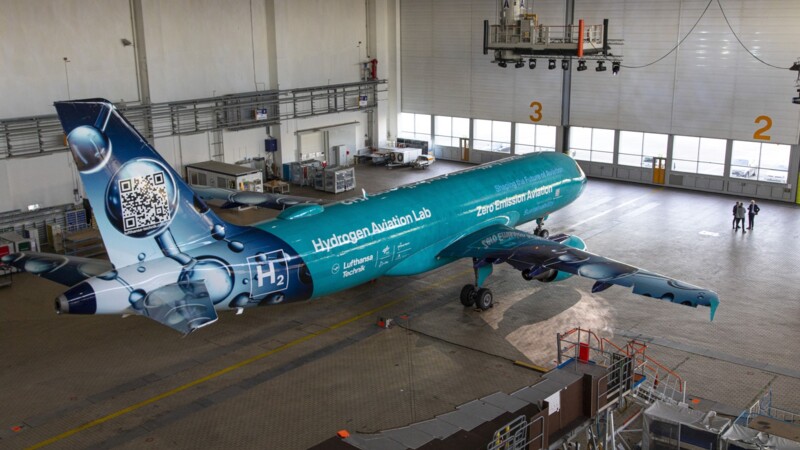"H2 holds huge potential for climate-neutral flights on short-haul routes. General aviation using smaller, future hydrogen-powered aircraft is particularly well suited here," said Jan Eike Hardegen, Head of Environment at Hamburg Airport. Gaseous hydrogen is the propulsion system of the future, especially for smaller aircraft with 20 to 30 seats. The fuel could revive air traffic and improve rural connectivity in Baltic Sea countries. If the funding is approved, the "Baltic Sea Region Project" could launch in autumn 2023 through 2026 initially and set up a new flight network in the long-term.
Hamburg Airport is spearheading an effort by airports, airfields and organisations in the Baltic Sea region to improve rural connectivity to aviation hubs there, according to a press release Monday (May 8, 2023). Sixteen partners and 24 organizations have joined the consortium’s "BSR Hydrogen Air Transport - Preparation of Baltic Sea Region Airports for Green Hydrogen” project to set up hydrogen-based airport infrastructure and to clear the way for its implementation. The consortium has applied for "Green Mobility" funding from the EU's Interreg scheme.
Potential for hydrogen in regional air traffic
Partners in aviation, politics and research for fossil-free aviation
The consortium includes all the major Baltic Sea airport operators including Finavia, Swedavia, Lithuanian Airports and Riga and Tallinn Airports as well as Germany's Sylt Airport, Sylt Air, Lübeck Air and Lübeck Airport as well as Hamburg's Ministry of Economics, the Hamburg Aviation Cluster and the Center for Applied Aviation Research (ZAL). Hamburg Airport has underlined its commitment to the "Net Zero 2035 - Now. For the Future" climate strategy and CO2-free flying.
nj/mm/pb
Sources and further information
More
Similar articles

Green boost for aviation thanks to funding schemes

Hamburg Airport cuts losses and invests in CO2 reduction

Decommissioned Airbus A320 now part of real laboratory for hydrogen
